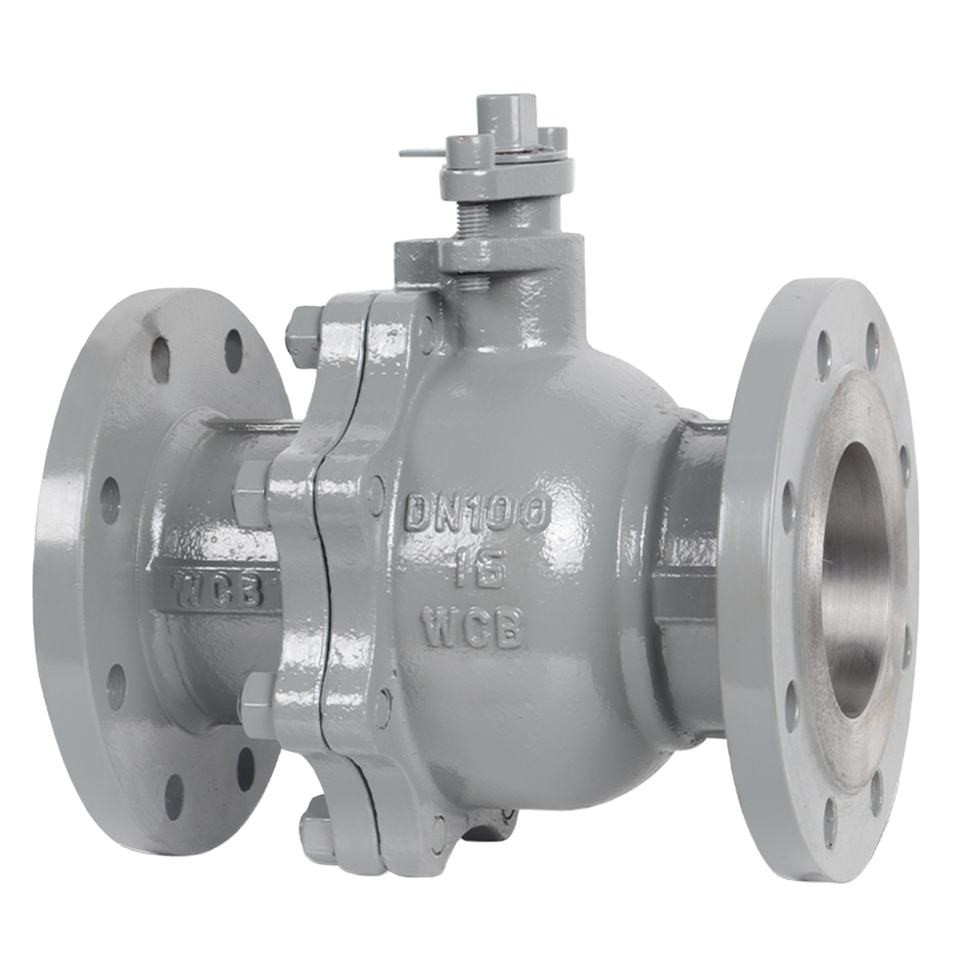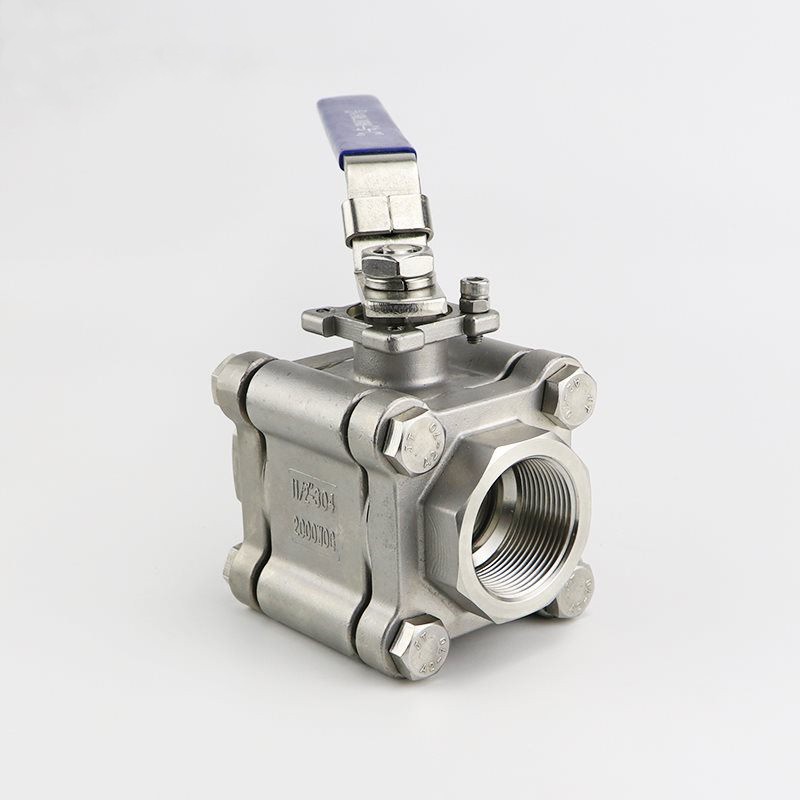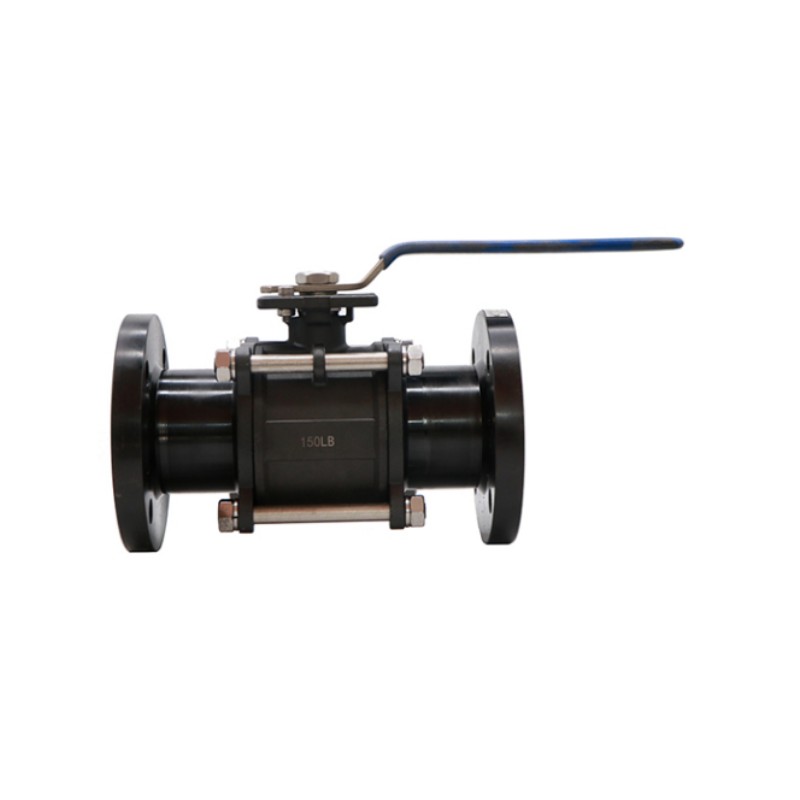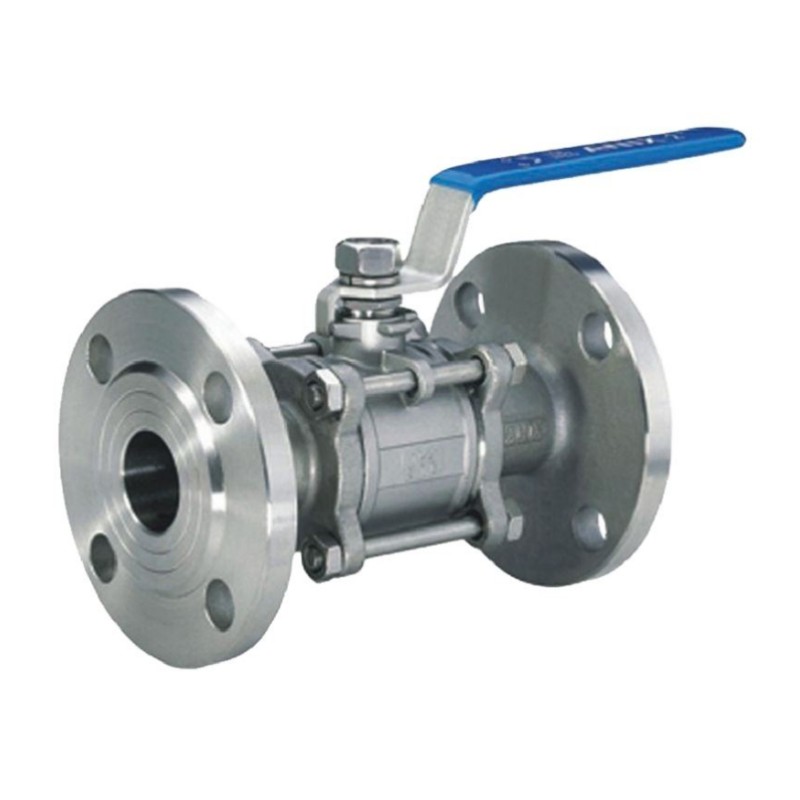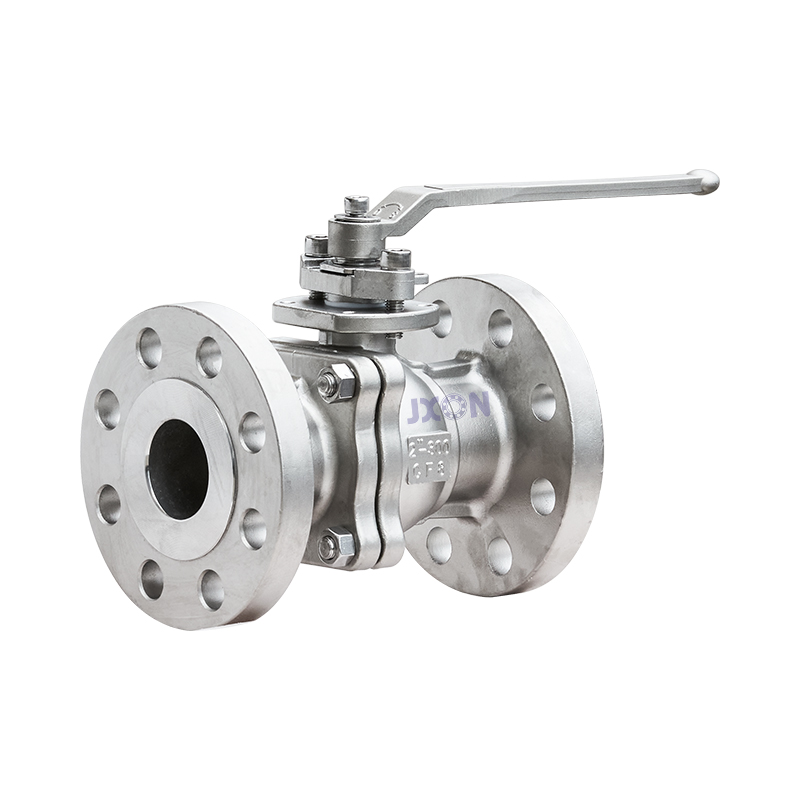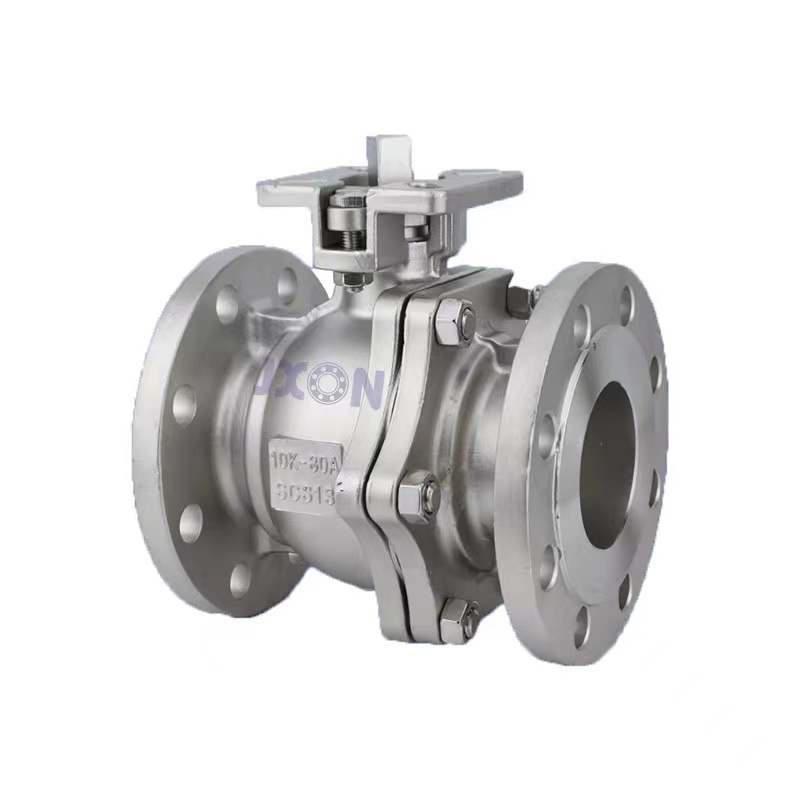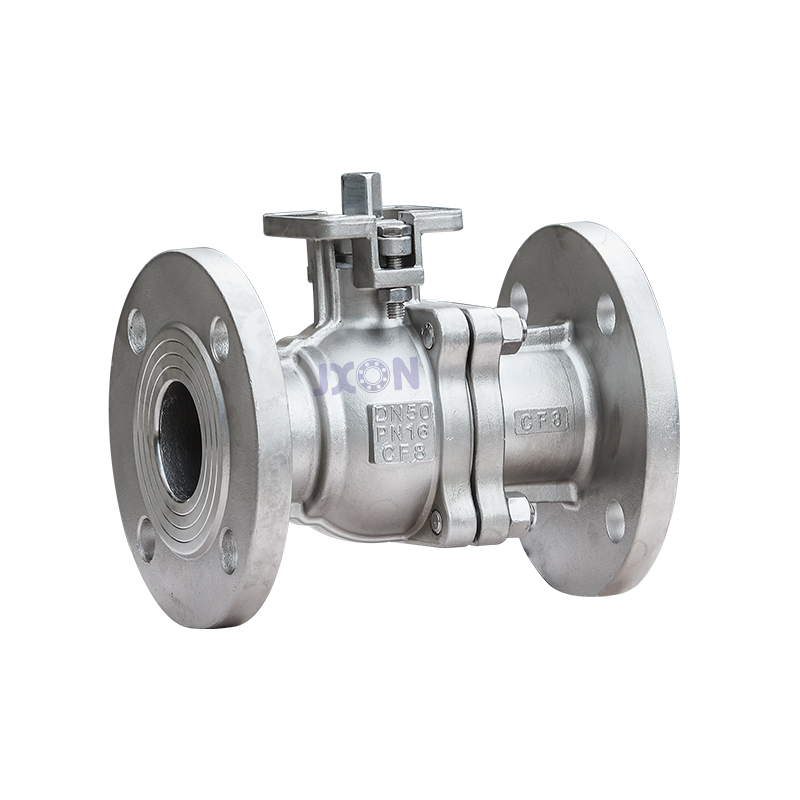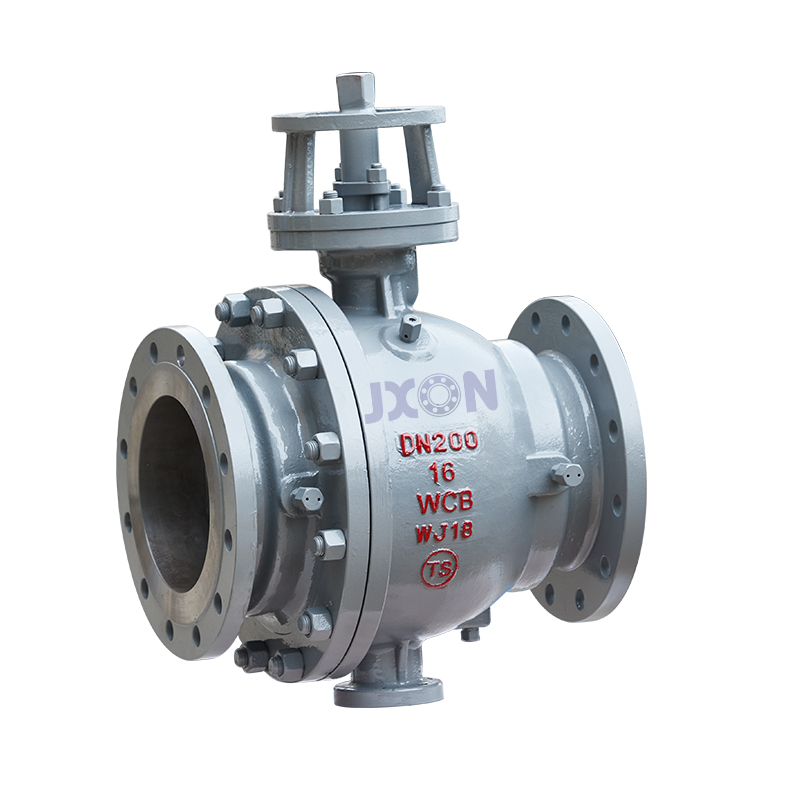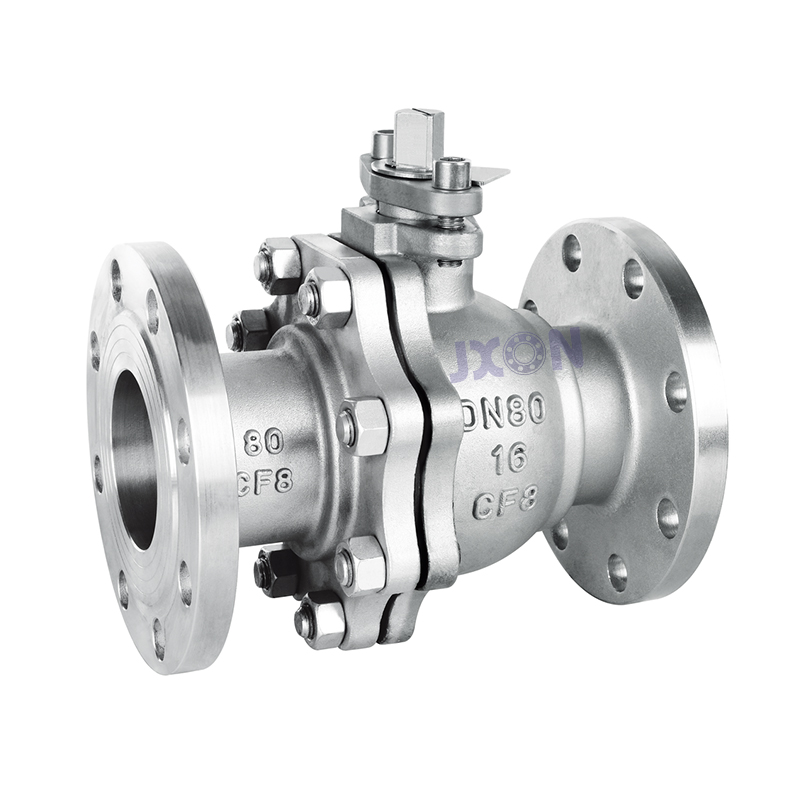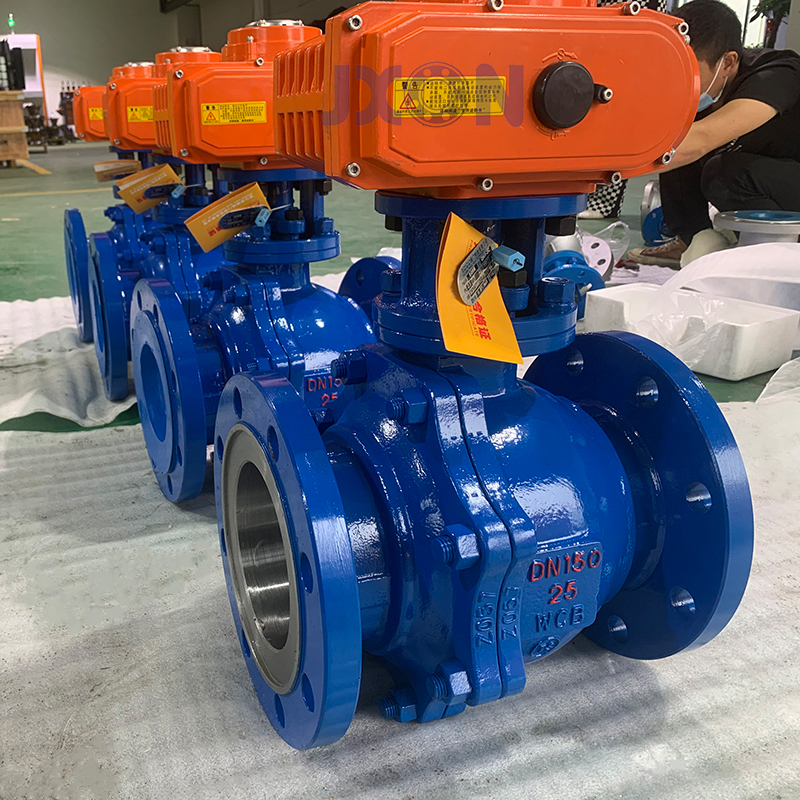Cast Steel Ball Valve
JXON is a professional and experienced ball valve manufacturer. We specialize in producing floating cast steel ball valves, trunnion mounted cast steel ball valves, cast steel ball valves with handles, and cast steel ball valves with actuators, etc.
What are cast steel ball valves?
JXON cast steel ball valve is made of cast steel. The cast steel ball valve is a quarter-turn ball valve, where the ball rotates under the drive of the stem to control the opening and closing of the cast steel ball valve. Our cast steel ball valves can be floating type or trunnion type. It can be easily operated and made in both small and large size. It structure is simple, and its sealing is reliable. The 2PC or 3PC structures are easy to maintenance.
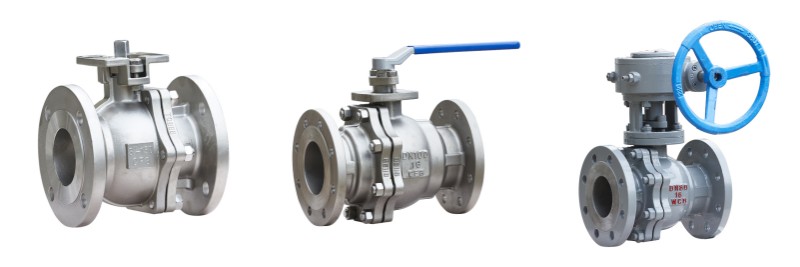
Cast steel ball valve VS Forged steel ball valve
Cast steel ball valves and forged steel ball valves are both widely used in various applications. What are the differences between cast steel ball valves and forged steel ball valves?
1.For the manufacturing process of cast steel ball valves, molten steel is injected into the mold. The cast valve body will be available untill the molten steel has cooled down. This method can be used to make complex and large valve bodies. However, the casting process is very complicated and time-consuming.
Compare to cast steel ball valves, the valve bodies of forged ball valves have higher density. However, the forging process is unable to create very complex shapes in one step, usually separate forgings are needed for the valve body, which are then welded or bolted together. Therefore, the size of the forged valve body is limited.
2.Cast steel valve body, which requires a long casting time and usually results in less residual material. However, the late processing time is short. For forged steel ball valves, a short casting time is required. The residual material of the valve body is more than that of casting valve bodies, resulting in higher costs and longer follow-up processing time.
3.Compared to cast and forged ball valves of the same size, cast steel ball valves are lighter in weight, while forged ball valves have a thinner wall thickness than cast ball valves.
4.Both cast steel ball valves and forged steel ball valves have their own advantages and disadvantages. For cast steel ball valves, the main castings defects are trachoma and bubbles, etc. The main defects of forgings include large grains, cold and hard phenomena as well as cracks and cracking, etc. In order to obtain a qualified product, the casting need heat treatment to eliminate the stress on the valve body that is caused during the casting process. Meanwhile, the cast steel ball valve will undergo X-ray testing, magnetic particle inspection, penetration inspection and other forms of detection.
5.For forged steel ball valves, ultrasonic examination of the forging is often required to ensure product quality.

Casting process of cast steel ball valve
Do you know how cast steel ball valve bodies are made?
For forging technology of valve body in cast steel ball valves, precision casting (including lost wax casting and dewaxing casting) and sand casting are both used. JXON cast steel ball valves are mainly produced through precision casting.
Process: Inject the wax into cast resin under high pressure. Then, we use colloidal silica to make the shell mold and dewax it under steam. Finally, we adopt pouring technology. After these processing technologies, the dimensional accuracy of the casting can reach CT4 ~ 6 grade precision casting.

What are the features of precision casting (lost wax casting, dewaxing casting)?
1.The cast valve body has precision dimensions, a mooth surface, and high quality appearance.
2.It can cast parts with complex structures and shapes that are difficult to process using other methods.
3.Without limitations on casting materials, it can handle all kinds of alloy materials, including carbon steel, stainless steel, alloy steel, aluminum alloy, superalloy and precious metal materials. It is especially effective for processing difficult to forging, weld or cut alloys.
4.The production is flexible, this casting method is suitable for both large and small batches.
5.However, precision casting does have some limitations, such as a complicated process and long production cycle.





